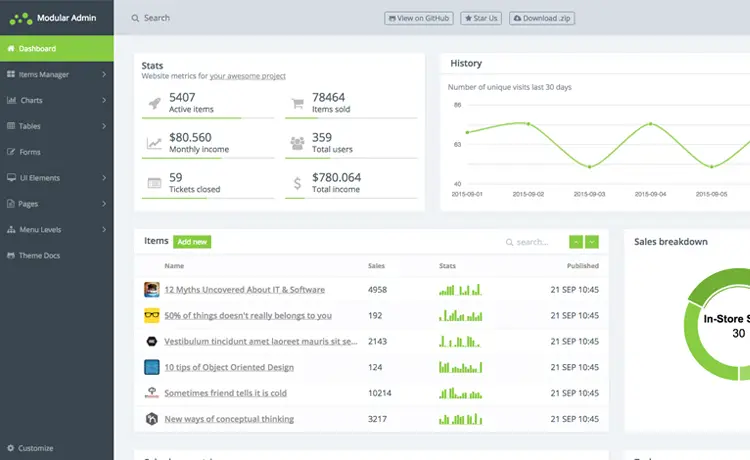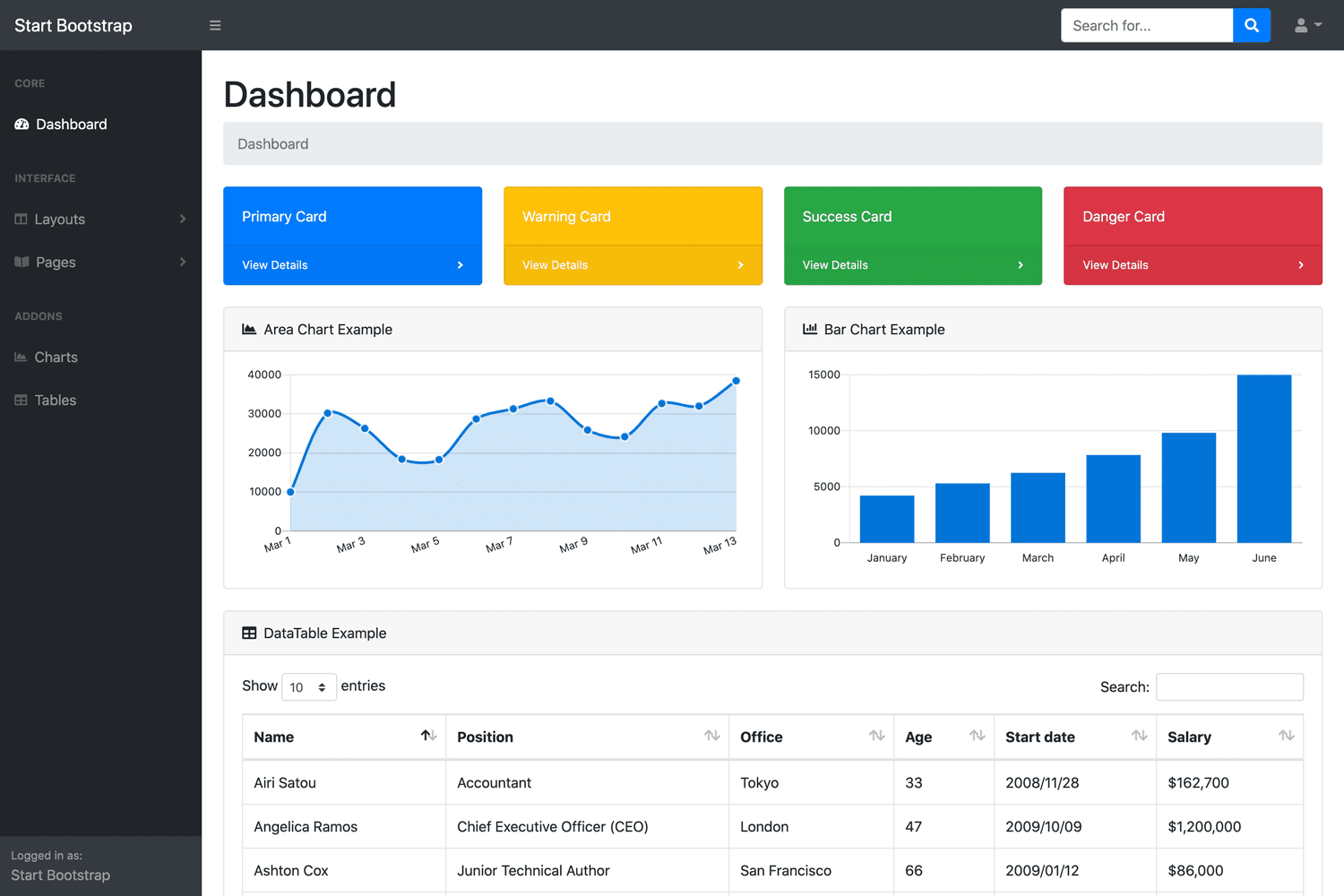Sequence contains no elements
By Tan Lee Published on Feb 28, 2025 439
System.InvalidOperationException: Sequence contains no elements or System.InvalidOperationException: Sequence contains more than one element
Here are several ways to handle this issue:
Using .SingleOrDefault() instead of .Single()
When the IEnumerable is empty, .SingleOrDefault() returns the default value for the type. However, if the sequence contains more than one element, it will still throw an exception.
IEnumerable<IProduct> products = GetProducts();
var product = products.SingleOrDefault();
Console.WriteLine($"Product = {product == default(IProduct)}");For reference types, this returns null. For value types, this returns 0 or the equivalent default value for that type.
Using .Any() to check if the IEnumerable is empty
Instead of relying on the default value, you can use .Any() to verify if the IEnumerable contains any elements before calling .Single().
IEnumerable<IProduct> products = GetProducts();
if (products.Any())
{
var product = products.Single();
Console.WriteLine($"Product = {product}");
}
else
{
Console.WriteLine("No products found.");
}Custom default object with .SingleOrDefault()
You can create an extension method to return a custom default object when the sequence is empty.
static class IEnumerableExtension
{
public static T SingleOrDefault<T>(this IEnumerable<T> list, T defaultObj)
{
if (!list.Any())
return defaultObj;
else
return list.Single();
}
}For reference types, you can use the Null Object Pattern (an object that represents a "no-op" or default state).
For example:
IEnumerable<IProduct> products = GetProducts(); var product = products.SingleOrDefault(new DefaultProduct());
For value types, you can specify a special value that has meaning in your application:
IEnumerable<int> productIds = GetProductIds(); var productId = productIds.SingleOrDefault(-1);
By using these approaches, you can avoid exceptions and handle empty or invalid sequences gracefully.





